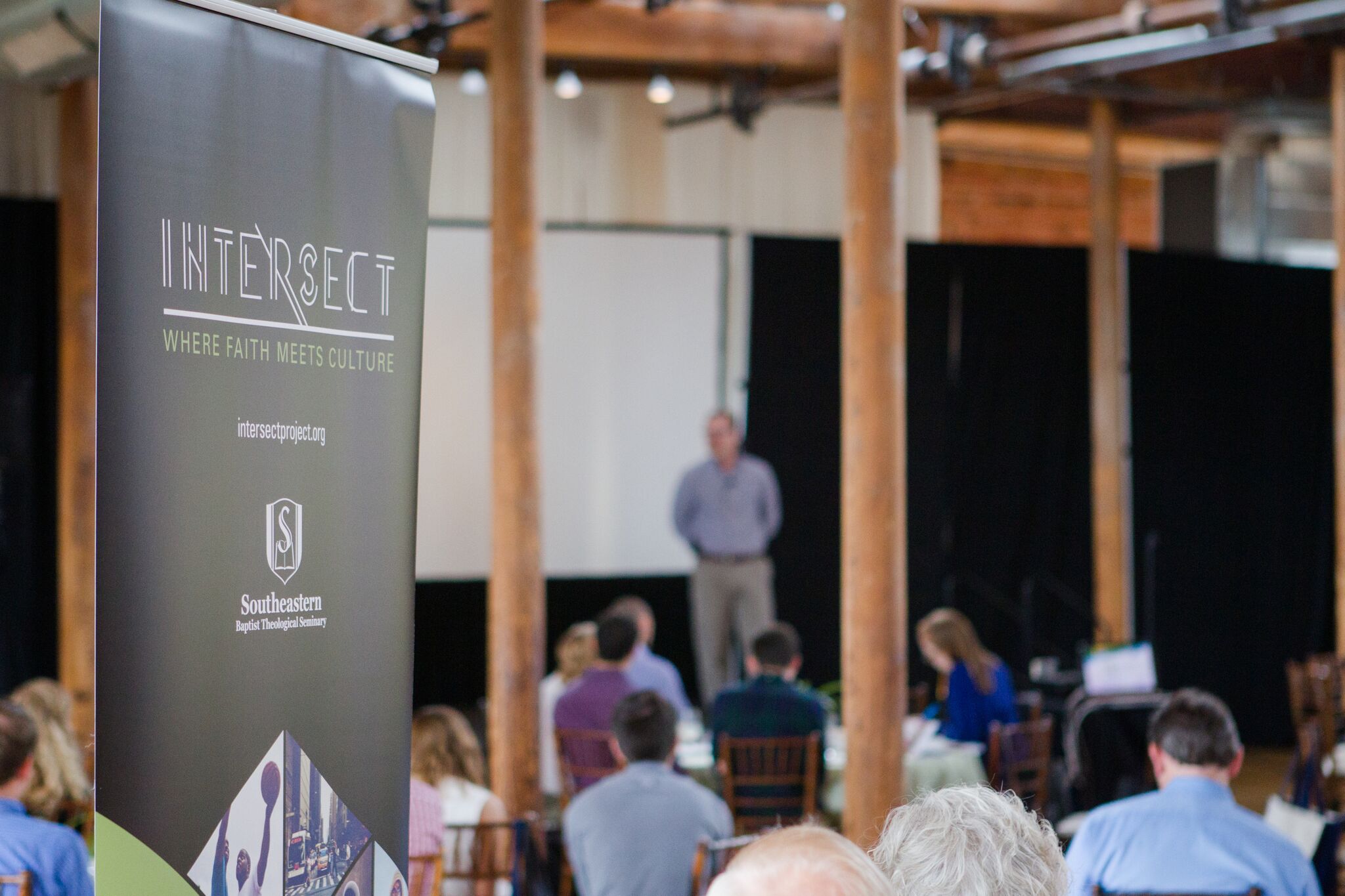Work. Economics. Entrepreneurship. Poverty. These were just a few of the topics addressed at the 2017 Common Good Conference. Hundreds of pastors, business leaders and entrepreneurs gathered in 20 locations across the United States to learn, talk and discover how to bring our faith to bear in every part of our lives.
Here are four lessons I walked away with. (If you were at the conference, I’d love for you to share your takeaways, too.)
1. Pastors, equip your people to live out their faith in the workplace.
Tom Nelson, President of Made to Flourish, acknowledged a key pastoral failure. Early in his pastorate, he spent the majority of his time preparing people for a minority of their lives (ie, Sunday worship). But he came to realize that God had called him to equip his church members to live out their faith in all of their lives — especially in their work.
Later in the conference, Christopher Brooks of Evangel Ministries echoed a similar point. “Our work is not an interruption to our calling. It’s part of our calling.”
Throughout the conference, attendees saw real-life examples of this principle. Oye Waddell, Executive Director of Hustle PHX, teaches urban entrepreneurs to view their businesses through the biblical narrative — creation, fall, redemption and restoration. Jim Mullins, of Phoenix’s Surge Network, noted that he reminds workers of the worth of all vocations — even something as simple as cleaning toilets. “You’re waging microbiological warfare against germs and E.coli that would wage war against God’s image bearers,” he said.
Similarly, Svetlana Papazov of Real Life Church explained how her church decided to open its facilities during the week for small businesses, allowing the church to provide a sense of community and support amongst the businesses. As a result, some of the business owners have come to Christ.
2. The church can help people find meaning and relationship.
“Most people have no idea how to have a meaningful life,” said Tom Nelson in his opening talk. This “meaning morass” contributes to rampant alcohol abuse, drug addiction and other cultural ills. Too often, he explained, the church hasn’t helped matters, but it can help.
“The church is uniquely equipped and strategically positioned,” he explained, to produce leaders who can address this meaning morass. The church can help people find meaning and fulfillment for God’s glory and the world’s good — oftentimes through the time they spend in the workplace. “The local church, as God designed it, is the hope of the world,” he said.
Later, Andy Crouch touched on another aspect of this meaning morass — the loss of relationships. Crouch traced the development of the modern city, highlighting some of the benefits. But this growth has come with a consequence: “We’ve given up a personal relational world because new forms of power don’t require personal interactions.”
The loss of relationship is severe, and those outside our culture can see the problem more clearly than we can. Crouch once asked a friend from another country what he saw as America’s greatest problem. “I notice how lonely it is,” the man said.
What is the common good? “The flourishing of the vulnerable in community.” @ahc #cg2017
— Katelyn Beaty (@KatelynBeaty) October 13, 2017
Yet Crouch reminded attendees that first century was Rome not so different. The culture had exploded, yet there was an increasing loss of personhood. “Only a handful of people had legal status as persons,” he said.
But into Rome came a community that recognized every single individual as a person made in the image of God — the church. Crouch concluded with a word of hope. “It could happen again.”
As the world lacks meaning and relationships, the need for the church is greater than ever.

Dr. Scott Hildreth of Southeastern Seminary speaking at the Common Good Conference
3. Culture isn’t the enemy; it’s an opportunity.
The Common Good Conference was unique. Many key talks were livestreamed to each conference site across the country, but each site also hosted its own local speakers. In one of the Triangle’s talks, Dr. Scott Hildreth of Southeastern Seminary spoke about the connection between culture and the common good. He noted that we’re tempted to view culture as an enemy, something to fight against. Or, we view culture as something that entertains us. But culture is more than either of these caricatures.
“Culture provides for us a platform to share the Gospel.” Scott Hildreth @madetoflourish #cg2017 @thesummitnc
— chaplain (@CorpChapAmerica) October 13, 2017
“Culture gives us a pathway to live out the Christian gospel,” Hildreth explained. Christians need to produce culture, speak out against corrupt aspects of culture and seek pathways to communicate the gospel in culture. For example, he illustrated how he contextualizes the gospel story to various cultures.
And what about those cultural crises? Fret not, Hildreth explained. “The crises of culture allow us to flesh out our faith.”
4. Flourishing workers practice habits of spiritual formation.
Amy Sherman of the Center on Faith in Communities highlighted leadership lessons we can learn from Jesus:
- Jesus had the habit of seeing. He could identify injustice and suffering that others were blind to.
- Jesus regularly crossed boundaries. He crossed boundaries of race, culture, socio-economic status and more.
- And Jesus confronted systems of injustice.
#cg2017 pic.twitter.com/skIKKV5tOU
— Made to Flourish (@MadeToFlourish) October 13, 2017
Flourishing workers, Sherman argued, should practice these habits as well. “We disciple people into the character of Jesus,” Sherman said, “but also into the passions and priorities of Jesus.”
Christian workers, then, don’t just care about personal economic gain. They care about their neighbors and the least of these, just as Jesus did.
What did you take away from the Common Good Conference? Let us know in the comments below.




No comments have been added.